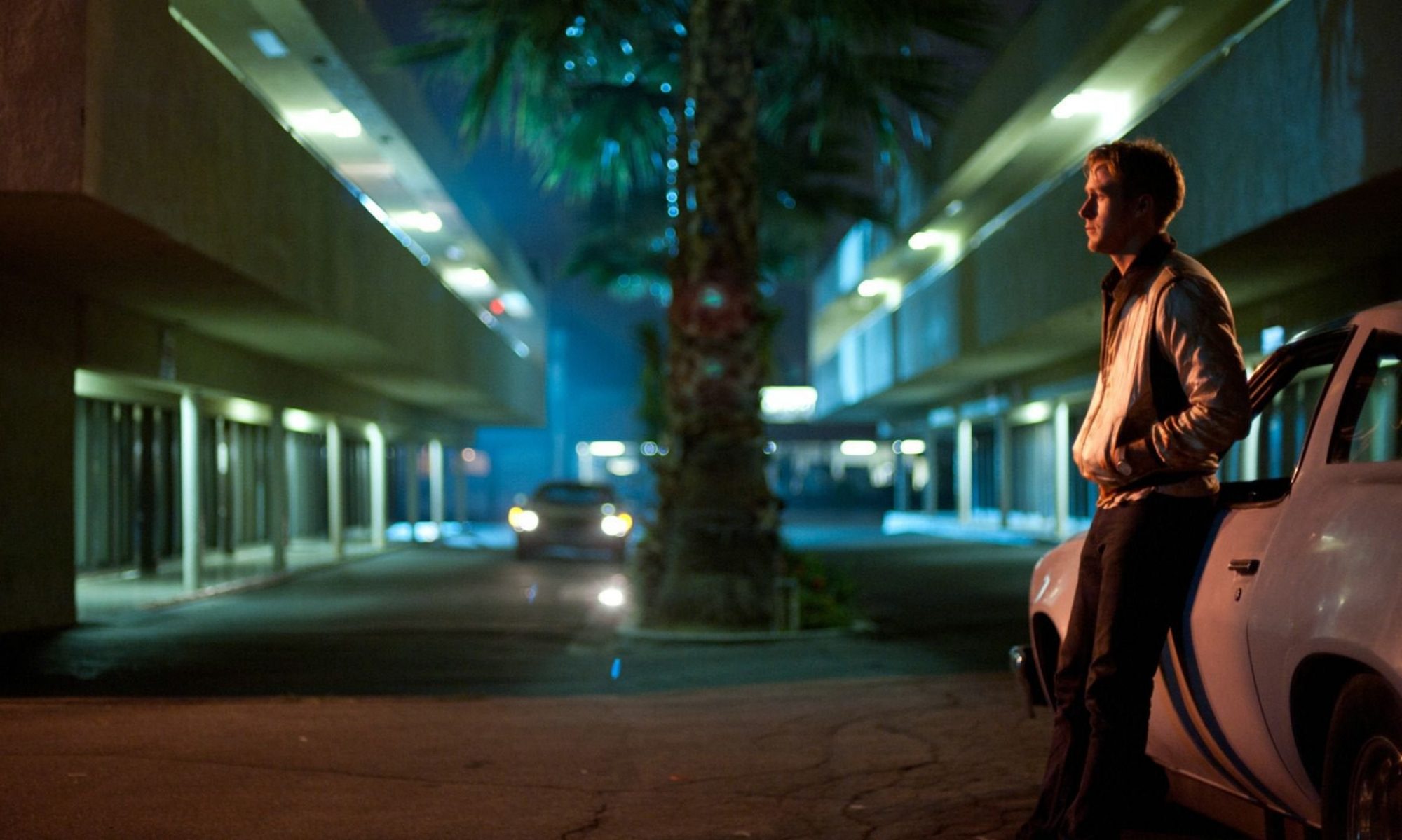These two turned out to be a great watch one after the other due to similarities in theme. And they both stand strong on their own merit. Also, Cineworld showed an anniversary screening of Interstellar. Nice.
American Fiction
It’s great to see Jeffrey Wright get a starring role for once. He made big impressions in the recent Bond films and the Westworld TV series, but he deserved something bigger. And he got it After being dishonourably discharged from his lecturing position following cancelling controversies with his students, Wright’s Thelonious Ellison reluctantly reconnects with his family and gains unexpected fame with predominant white audience after writing a novel parodying the Black experience. The literary industry is given a light pastiche as Ellison‘s work gains increasing attention, and there’s plenty of room for heartfelt performances with Ellison’s embittered brother Cliff and deteriorating mother Agnes.
The comedic tone also marks welcome divergence from Wright’s usual roles, blending vibes of Black Klansman and I’m Sorry to Bother You to create an intriguing, heartfelt and scathing picture of contemporary culture and its pitfalls.
The Holdovers
I still haven’t got round to seeing Sideways yet. It’s on my list. But as soon as I heard that one of Alexander’s Payne major influences for The Holdovers was Withnail and I, I suspected I was in for a good watch. And I was proved right. How can you be inspired by Bruce Robinson’s cult classic and not let some comedic genius rub off on your film?
Paul Giamatti reunites with Payne after twenty years to play a grumpy teacher at a New England prep school obsessed with ancient history. Having mainly seen Giamatti playing minor roles in major films, like Jeffrey Wright in American Fiction, it’s great to see him take the central role, combining subtle deprecating facial expressions with intense physicality to create a comedic powerhouse of cynicism. Interesting faces are often difficult to find in Hollywood cinema, but Giamatti’s is a gift to the camera, which takes full advantage to observe the actor’s exaggerated, contorted features in close-ups. The shot of his expression after the gym scene? Genius.
Da’ Vine Joy Randolph and newcomer Dominic Sessa are also fully deserving of awards attention. A lot has already been in the press about Payne just finding the guy out of nowhere, but Sessa channels angst and tragedy with ease and elegance. Randolph does likewise as a grieving mother doing her best to carry on, and again, close ups do so much in telegraphing emotion when no words are said. Props to cinematographer Eigel Bird for some wonderful shots that build character through imagery alone. Even minor actors make a big compression impression in the first act. Once Giamatti, Sessa, and Randolph come together as the lone holdovers, though, it’s a joy to watch them on screen. They may have come on holiday by mistake, but it’s a fine mistake indeed.
Interstellar
Not in my Nolan top 3 (that would be, in ascending order, Inception, Oppenheimer and The Dark Knight), but it’s still a great film. I kind of forgot how loud the soundtrack is and how difficult it makes hearing dialogue at certain points, but I can’t deny that it’s a great soundtrack. And it’s gosh darn 10 years old now, which is odd. The cinema was absolutely packed to the brim, which was nice, as I haven’t seen that kind of crowd since Barbenheimer. Just a short mention for Interstellar here, as it’s an oldie and I feel like I’ve written about it before. So yeah, that’s all for now, folks.
